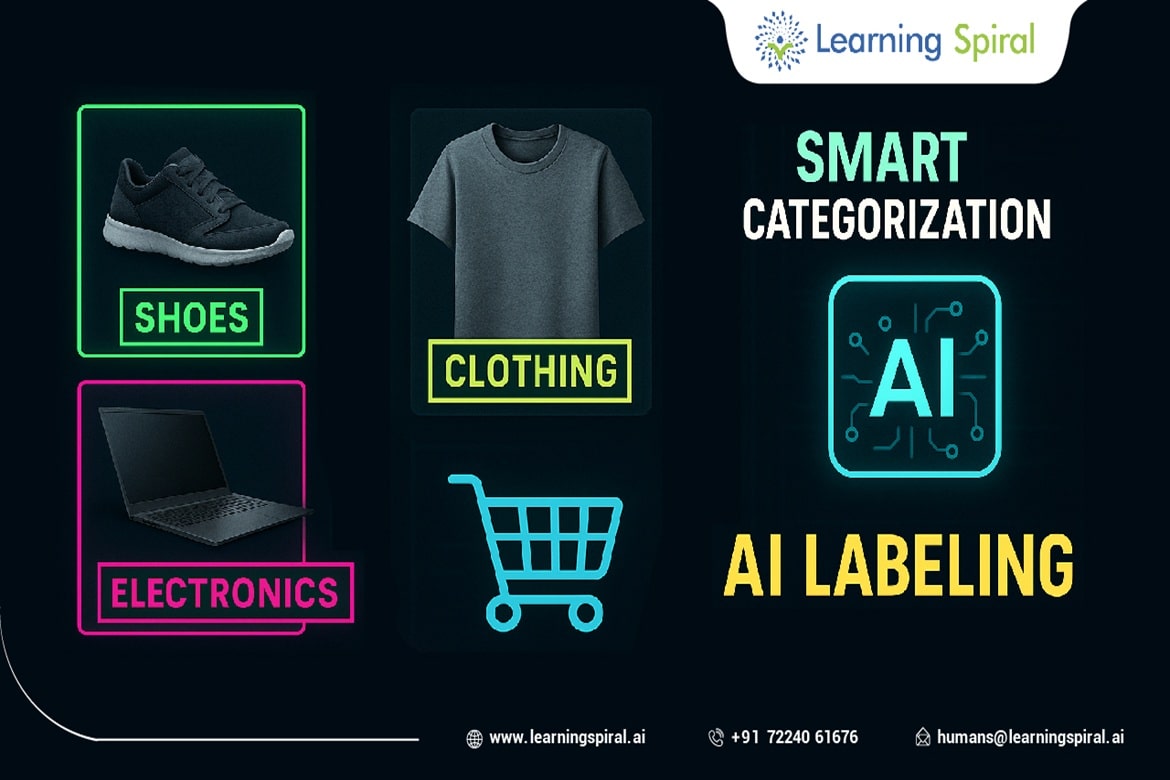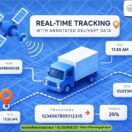In the age of Artificial Intelligence (AI), data labeling has emerged as a critical, yet often unseen, force. This meticulous process of tagging data with information to train machine learning models forms the backbone of AI development.
As the demand for high-quality labeled data explodes alongside the complexity of AI applications, a trend is gaining momentum: offshore data labeling.
What Does Offshore Solutions Represent?
Companies are increasingly turning to offshore data labeling services for several compelling reasons:
- Cost Reduction:
Labor costs can be significantly lower in certain countries compared to developed nations. This allows companies to stretch their budgets further, making AI development more accessible.
- Access to a Global Talent Pool:
Offshore locations often boast a large pool of qualified and tech-savvy individuals eager to participate in the burgeoning AI industry. This expands the talent pool beyond geographical limitations.
- Scalability and Flexibility:
Offshore data labeling companies can readily scale their workforce to meet fluctuating project demands. This allows companies to ramp up or down their labeling needs without internal resource constraints.
- Time Zone Advantages:
Leveraging time zone differences can create a 24/7 labeling operation, potentially accelerating project timelines. This allows for faster model development and iteration cycles.

Offshore Data Labeling: Beyond Cost Savings
While cost reduction remains a primary driver, companies are recognizing the additional benefits of offshore data labeling.
- Diverse Labeling Perspectives:
Offshore workforces can provide a wider range of cultural and linguistic backgrounds, leading to more diverse datasets. This is crucial for developing AI models that function effectively across global markets and demographics.
- Specialized Expertise:
Certain offshore locations may have a strong talent pool with specific skill sets relevant to particular labeling projects. For instance, a company working on medical image recognition might leverage the expertise of individuals with a background in healthcare.
Challenges and Considerations
The rise of offshore data labeling is not without its challenges:
- Communication and Collaboration:
Effective communication can be hampered by time zone differences and language barriers. Establishing clear communication protocols and fostering collaboration between onshore and offshore teams is crucial.
- Data Security and Privacy:
Sensitive data needs robust security measures. Companies must ensure that offshore data labeling partners prioritize data security and comply with relevant data privacy regulations.
- Quality Control and Consistency:
Maintaining consistent labeling quality across a geographically dispersed workforce requires stringent quality control measures and well-defined labeling guidelines.
Building a Successful Offshore Partnership
To maximize the benefits of offshore data labeling, companies need to establish a strategic partnership with their chosen provider. Here are some key considerations:
- Vendor Selection: Conduct thorough due diligence by researching the provider’s experience, security practices, and quality control procedures.
- Clear Communication Channels: Establish clear communication channels and project management protocols to ensure smooth collaboration.
- Training and Onboarding: Invest in training the offshore team with comprehensive labeling guidelines and project-specific requirements.
- Ongoing Quality Monitoring: Implement robust quality control processes to ensure consistent and accurate labeling across the project.
Conclusion
The rise of offshore data labeling reflects the global nature of AI development. By recognizing both the benefits and challenges, companies can leverage this trend to access a wider talent pool, achieve cost efficiencies, and ultimately develop more robust AI models.
As AI applications continue to evolve, offshore data labeling is poised to play a critical role in fueling the future of intelligent systems.






